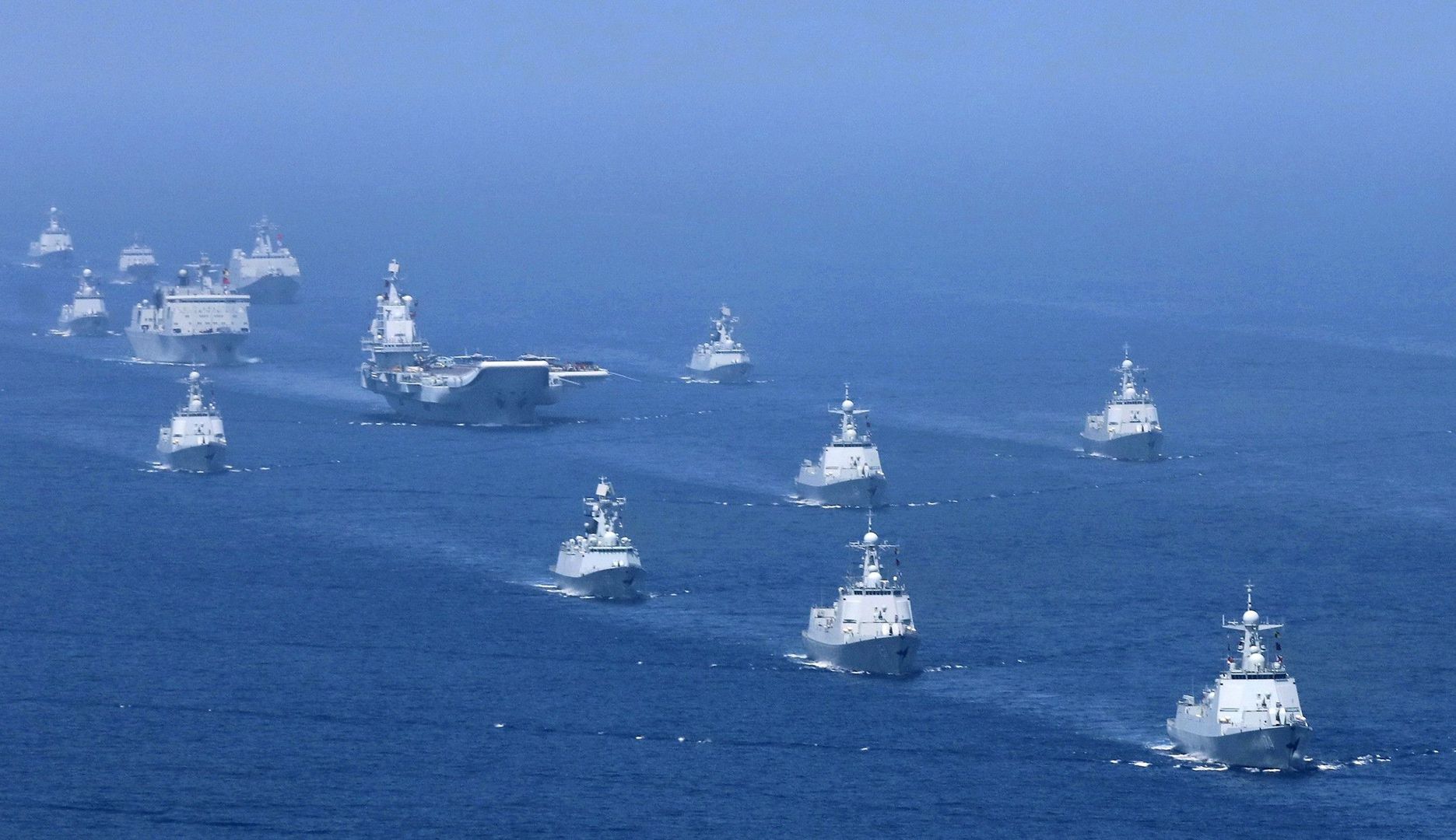Solomon Islands Prime Minister Manasseh Sogavare said Friday his government would not allow a Chinese military base to be built in his country “under its watch” as he defended a pending security agreement with Beijing.
Sogavare, echoing a fiery speech he made to Honiara’s parliament this week, dismissed concerns the deal would allow China a base in the South Pacific and labelled the claims as “misinformation promoted by anti-government commentators”.
If China was to set up its military base in the Pacific, “it would have done so with either Papua New Guinea or Fiji,” he said in a statement, arguing that they were among the first South Pacific nations to establish bilateral relations with Beijing.
“Government is conscious of the security ramification of hosting a military base, and it will not be careless to allow such initiative to take place under its watch,” he said.
A draft version of the agreement, leaked last week, detailed measures to allow Chinese security and naval deployments to the crisis-hit Pacific island nation.
It would also allow armed Chinese police to deploy at the Solomon Islands’ request to maintain “social order”.
The “forces of China” would also be allowed to protect “the safety of Chinese personnel” and “major projects in the Solomon Islands”.
Without the other party’s written consent, neither would be allowed to disclose the missions publicly.
But Sogavare’s comments did little to dissuade fears among Western allies, with Australia’s Defence Minister Peter Dutton comparing the Russian invasion of Ukraine to Chinese ambitions in the region.
“I understand and respect Prime Minister Sogavare’s perspective, but I think we need to be very cautious here because the Chinese are incredibly aggressive,” Dutton told Sky News Australia.
“The tactics that they’re deploying into small island nations is quite remarkable, and Australia has done more and more each year, but China is certainly on a pathway here, and I think President Zelensky understands that.”
The island nation of 800,000 has been wracked by political and social unrest, and many of its people live in poverty.
In November, protesters tried to storm the parliament and went on a deadly three-day rampage, torching much of Honiara’s Chinatown.
The unrest was sparked by opposition to Sogavare’s rule and fuelled by unemployment and inter-island rivalries.
But anti-China sentiment also played a role.
Leaders on the most populous island of Malaita fiercely oppose Sogavare’s decision to recognise Beijing and break ties with Taiwan in 2019.











